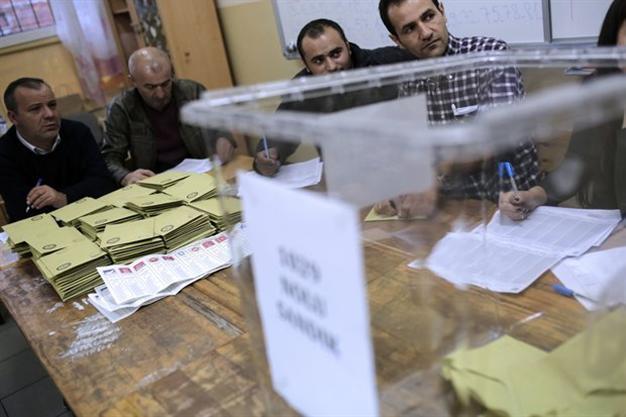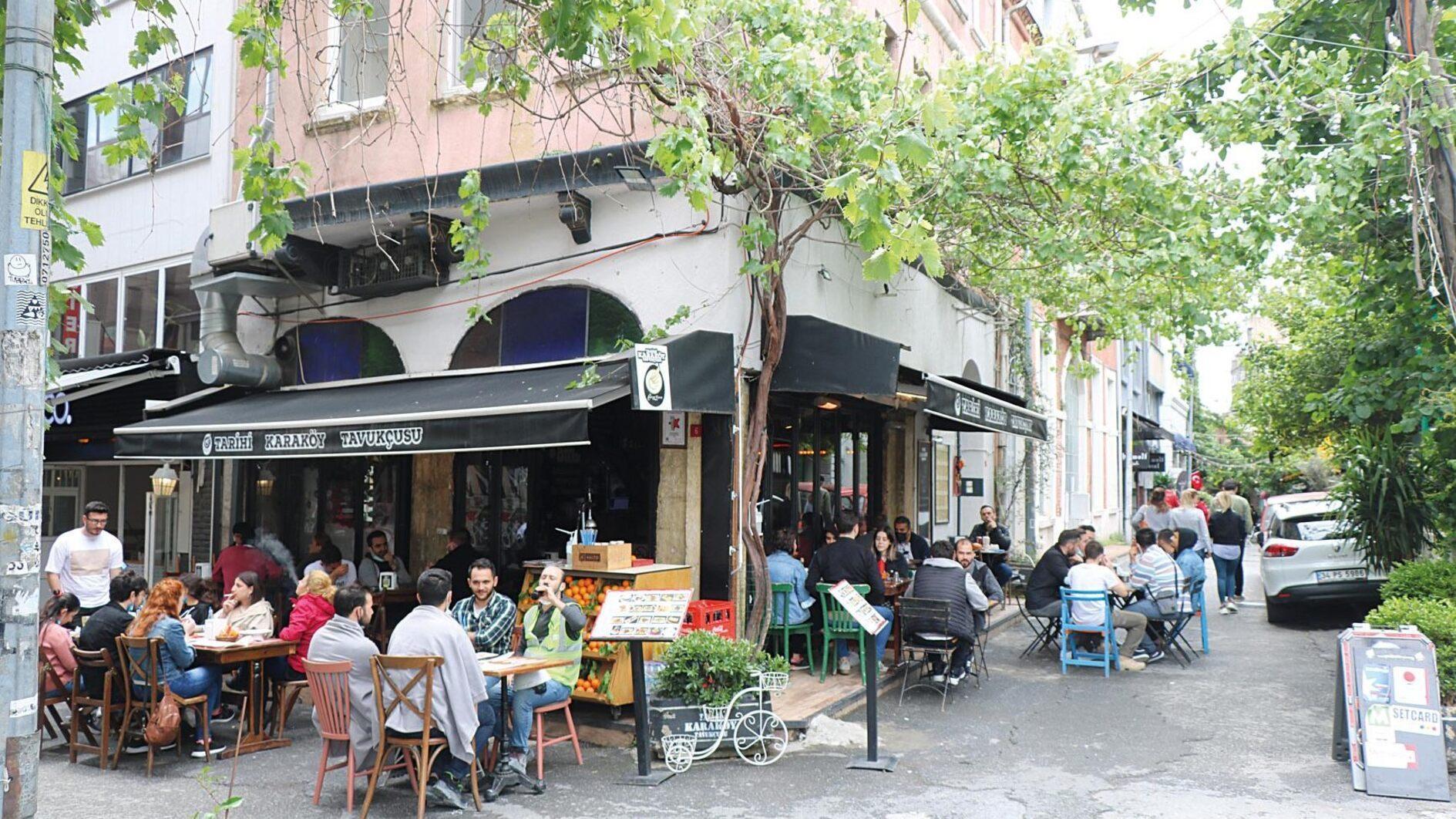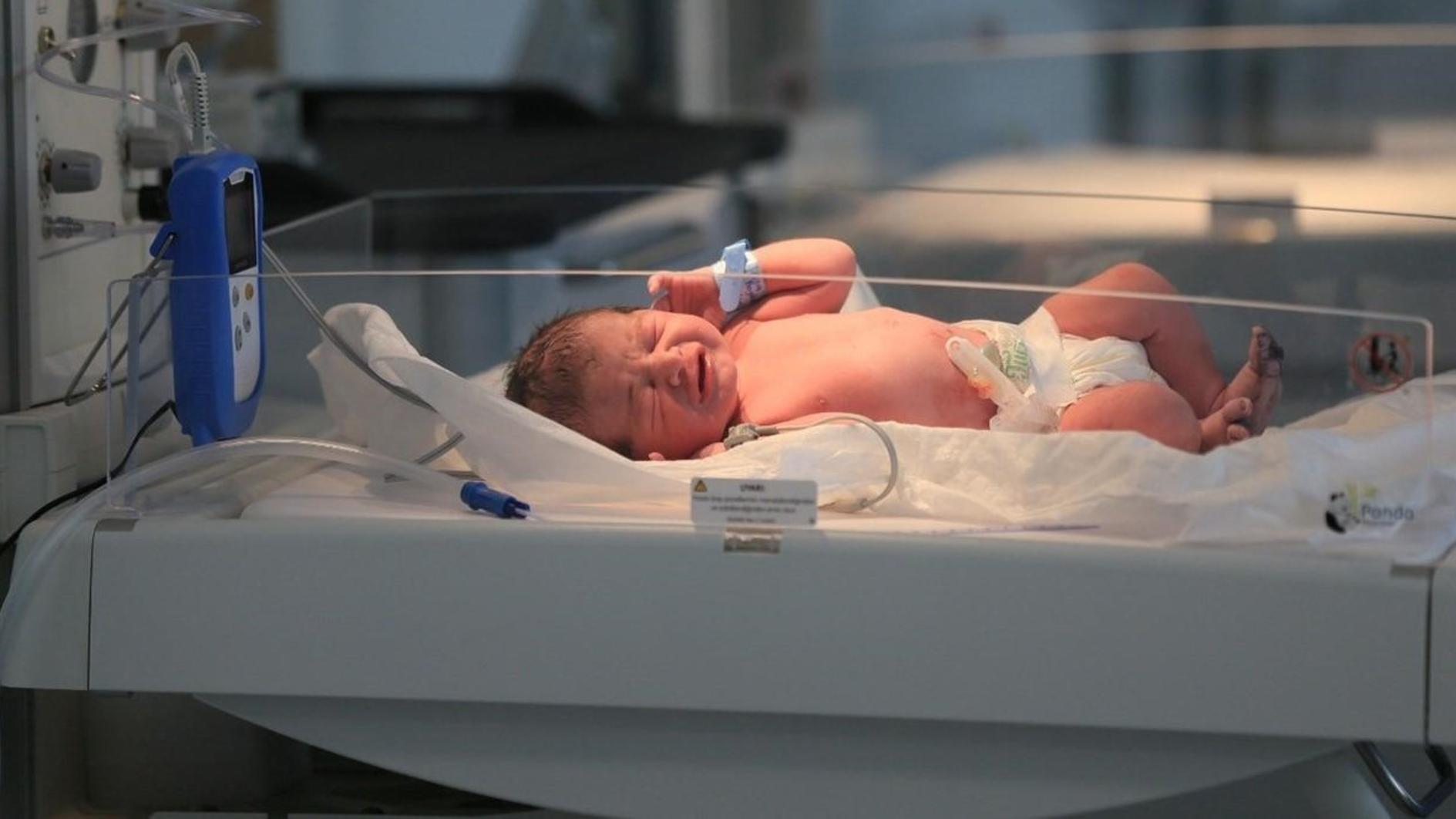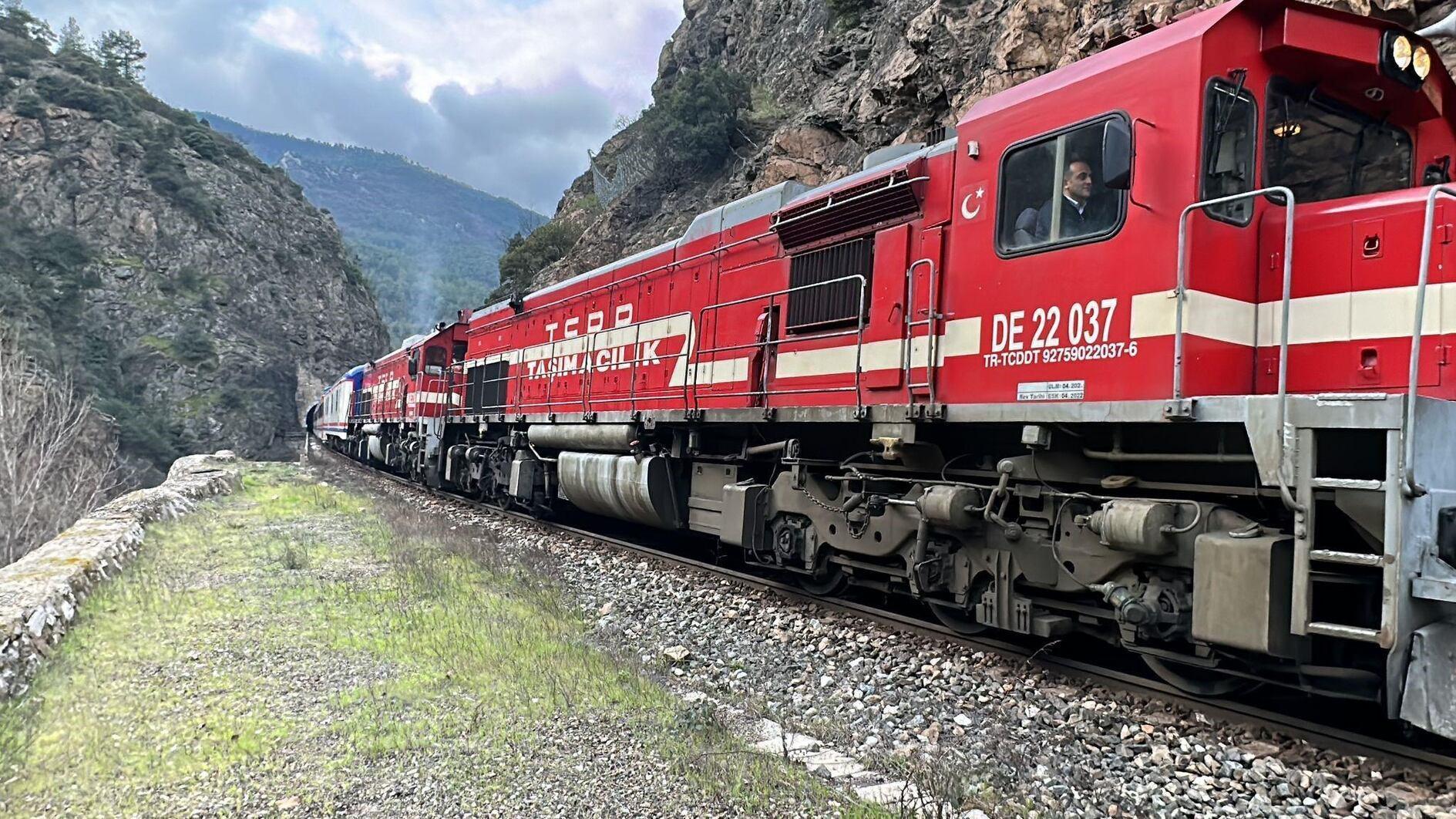Turkish polls hindered by security environment, violence, media restrictions: Observers
Sevil Erkuş - ANKARA

AFP photo
Turkey’s Nov. 1 election offered voters choices but the challenging security environment and violence against party members, party buildings and campaign staff hindered candidates’ ability to campaign freely, international observers said on Nov. 2.Restrictions on media freedom remain a serious concern, said observers from the Organization for Security and Co-operation in Europe (OSCE), speaking at a press conference in the capital Ankara.
“While Turkish citizens could choose between genuine and strong political alternatives in this highly polarized election, the rapidly diminishing choice of media outlets and restrictions on freedom of expression in general impacted the process and remain serious concerns,” said Ignacio Sanchez Amor, the special coordinator and leader of the OSCE’s short-term observer mission.
“Physical attacks on party members, as well as the significant security concerns, particularly in the southeast, further imposed restrictions on the ability to campaign,” Amor added.
The OSCE group was unable to monitor polling stations in regions where clashes between the security forces and the outlawed Kurdistan Workers’ Party (PKK) had taken place because the insurance company refused to cover them.
A major terrorist bomb attack in Ankara on Oct. 10 significantly affected the atmosphere and conduct of the campaign, with all political parties temporarily suspending campaign activities, the group emphasized.
Most candidates spoke to the electorate in a campaign atmosphere that was polarized between the ruling party and its rivals, while confrontational rhetoric was common, the mission said. It noted that the last two weeks of the campaign were marked by an increased number of attacks on and arrests of members and activists predominantly from the Peoples’ Democratic Party (HDP).
Erdoğan should reunite country ‘wisely’
“Unfortunately, the campaign for these elections was characterized by unfairness and, to a serious degree, fear,” said Andreas Gross, the head of the delegation from the Parliamentary Assembly of the Council of Europe (PACE).
Gross said the elections were “characterized by too much unfairness and violence, and fear is the enemy of democracy and freedom of choice.” President Erdoğan “must now unite what has been divided over the last five months,” he added.
“In light of this, it is even more vital that the president [Recep Tayyip Erdoğan] works for an inclusive political process to deal with the problems facing Turkey, ensuring that all voices, including those who lost these elections, are able to be heard. We appeal to him to do this in a wise way, not in the militant way of the last five months,” Gross stated.
Elections were free because the freedom criteria means having a diverse choice across the political spectrum, but the competition was not fair, he also said, explaining why some doubts lingered over the result.
“The violence in the largely Kurdish southeast of the country had a significant impact on the election and the recent attacks and arrests of members and activists, predominantly from the HDP, are of concern, as they hindered the ability to campaign,” said Margareta Cederfelt, the head of the delegation from the Parliamentary Assembly of the OSCE (OSCE PA). “For an election process to be truly democratic, candidates need to feel that they can campaign and voters need to feel that they can cast their ballots in a safe and secure environment.”
While the media landscape comprises a variety of outlets, undue legal restrictions on freedom of expression remain in place, the observers said, underlining that investigations against journalists and media outlets for supporting terrorism or defamation of the president, the blocking of websites, the forcible seizure of prominent media outlets, and the removal of several television stations from digital service providers reduced voters’ access to a plurality of views and information. Media monitoring revealed that three out of the five monitored national television stations, including the public broadcaster, clearly favored the governing party in their programming, they noted.
“The elections were well-organized by the election administration and the Supreme Election Board [YSK] met all election deadlines. It concluded that voting should be conducted in the areas affected by violence, and a significant number of polling stations were relocated in a number of neighborhoods by district election boards, in line with the decision,” the OSCE report said.
Gross stated that the monitors could not go to regions where violent clashes had erupted and curfews were declared in recent months.
“We have to admit that we could not go to these difficult regions because no insurance company would pay the risk for our colleagues and we did not want to put our colleagues’ lives in danger. This was one of the weaknesses of our mission,” he stated.
In Ankara, Council of Europe, Swiss and Italian observers were not allowed to enter one polling station because the chair of the station did not know it was a normal practice, Gross also said.
Meanwhile, Ambassador Geert-Hinrich Ahrens, the head of the OSCE/ODIHR limited election observation mission, said that in Eskişehir an AKP representative aggressively told them that NGOs were not allowed.
“She insulted my Turkish assistant, saying she was insane for working for us. The assistant did not translate for me because the remarks were so bad,” Ahrens said.
“Election day was generally peaceful, and in the limited number of polling stations observed, voting was largely organized in an efficient manner, although observers were asked to leave seven polling stations and there were instances of citizen observers accredited on behalf of political parties being denied access,” the observers said at the press conference on Nov. 2.
In addition, they also said the 10 percent threshold for parliamentary representation limits political pluralism, while the system for determining the number of seats per constituency results in significant differences in the number of voters per seat that is inconsistent with the principle of the equality of the vote. In a positive step, however, they noted that the freedom to campaign in any language was guaranteed by law in 2014.
According to observers, if implemented fully and effectively, the legal framework is generally conducive to holding democratic elections. However, certain fundamental freedoms, including the right to vote and be elected, are unduly restricted by the constitution and legislation, they said. Previous recommendations, dating back to 2011, by the OSCE Office for Democratic Institutions and Human Rights (ODIHR) and by the Council of Europe to address gaps and ambiguities have generally not been addressed, the observers noted.
The lack of judicial review of decisions by the YSK runs counter to the principle of the separation of powers and prevents access to judicial remedy in electoral matters, said the observers. The Constitutional Court’s recent ruling that the board’s decisions cannot be reviewed even where fundamental rights and freedoms might have been violated further restricted the opportunity for judicial redress, they said at the press conference.
“Candidate registration was inclusive overall, providing voters with a diverse and genuine choice. However, candidacy restrictions against those who have not completed compulsory military service or have been convicted of any of a broad range of crimes, including minor criminal offences, are incompatible with the fundamental right to stand for election,” they added.
There was general confidence in the voter register, the observers noted. However, the restrictions on voting by conscripts, students in military schools and prisoners are not in line with OSCE commitments and other international standards, they said.
According to observers, women played an active role in the campaign, although they remain under-represented in political life. While the constitution guarantees gender equality, there are no special legal obligations for the parties to nominate women candidates, they said. On a positive note, some parties implemented gender quotas and introduced affirmative measures to enhance the participation of women, they added, noting that approximately 24 percent of candidates on party lists were female, although not in higher positions.
















